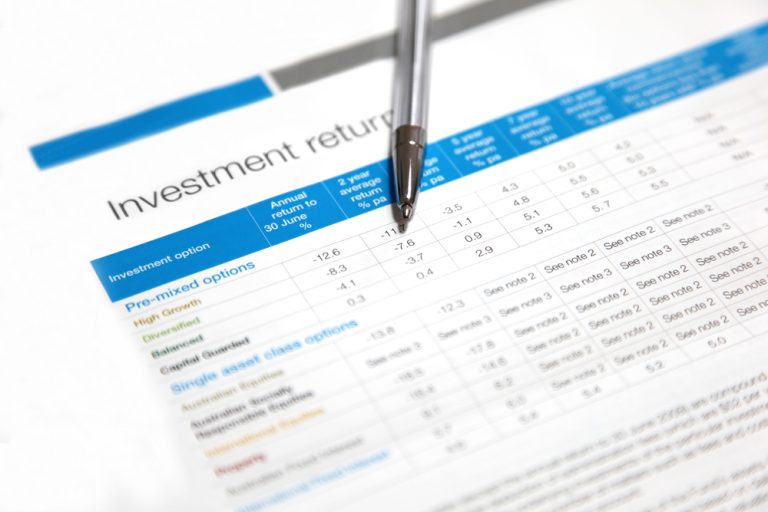The ‘what, why and how’ of contributing to super
Despite frequent changes to its governing rules, superannuation remains, for most people, a tax-effective environment in which to save for retirement. Here’s a quick Q&A on the ‘what, why and how’ of contributing to super from this point on. Why should I contribute to super? Some super contributions and the investment earnings within super funds are taxed at 15%. As this is lower than the marginal tax rate for people earning more than $18,200 per annum, less tax is paid on the money going into super than if it was paid to you as normal income. The higher your marginal tax rate, the greater the benefit. What types of contributions can I make? Concessional contributions. These are contributions on which you or your employer has claimed a tax deduction. They are taxed at 15% within the super fund. If you earn more than $250,000 pa you will be taxed an additional 15% on the concessional contributions above this threshold. Concessional contributions include: Compulsory employer (Superannuation Guarantee) contributions. Your employer must pay 10.0% (10.5% as from 1 July 2022) on top of your ordinary time earnings to your super fund when you earn more than $450 per month. Salary sacrificed contributions made from your pre-tax income. Personal contributions on which you claim a tax deduction. Cap: $27,500. The unused portion can be carried forward and used in future years if your total super balance is under $500,000. Non-concessional contributions. Contributions on which a tax deduction has not been claimed, including: Personal contributions on which you do not claim a tax deduction. Spouse contributions. These can generate a tax offset of up to $540 if your spouse earns less than $40,000 pa. Government co-contributions. Worth up to $500, co-contributions are available if your taxable income is less than $56,112 and you make a non-concessional contribution. Caps: $110,000 pa, or $330,000 if a further two years of contributions are brought forward. Note: you cannot make non-concessional contributions if your total superannuation balance exceeds the general transfer balance cap (the amount that can be transferred to pension phase), currently $1.7 million. Who can contribute to super? You can make personal contributions to super if: you are under 67 years of age; you are aged between 67 and 75 and were gainfully employed (including self-employed) for at least 40 hours over 30 consecutive days during the financial year. You can claim a tax deduction for these contributions, but make sure you don’t exceed the $27,500 annual cap for concessional contributions from all sources; or the $110,000 cap on non-concessional contributions. Spouse and government co-contributions can only be received up to age 70 provided you pass the work test. You are eligible for mandated employer contributions, including Super Guarantee payments, regardless of your age. Get it right A successful super contribution strategy can mean the difference between looking forward to retirement and dreading it. Talk to your qualified financial planner and get the right advice on the best ways to boost your super. The information provided in this article is general in nature only and does not constitute personal financial advice.

